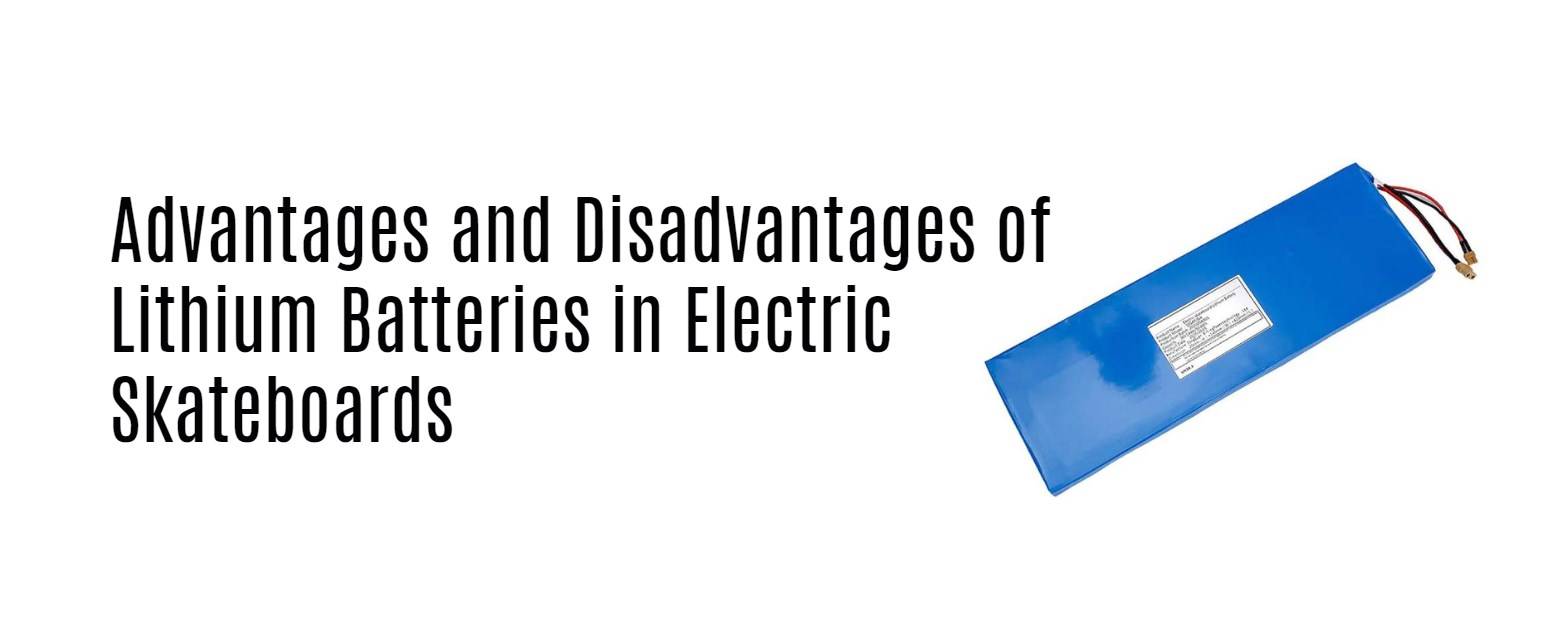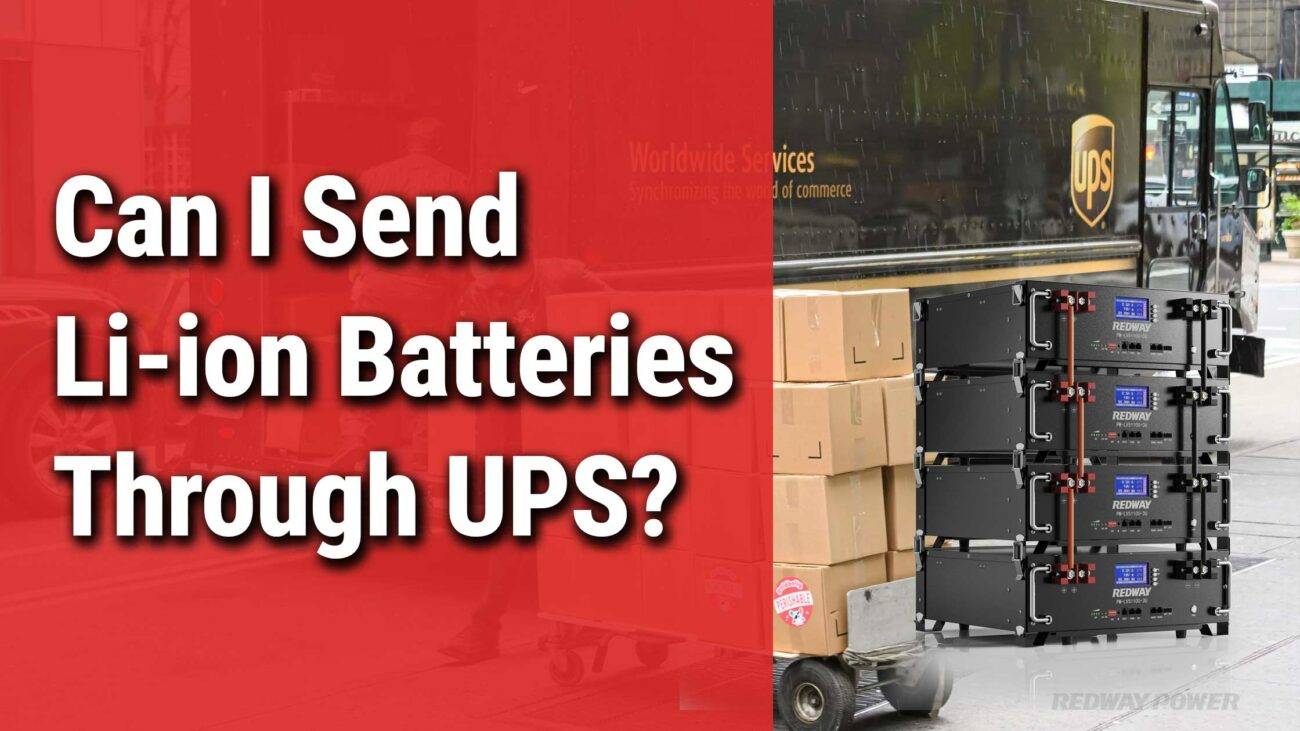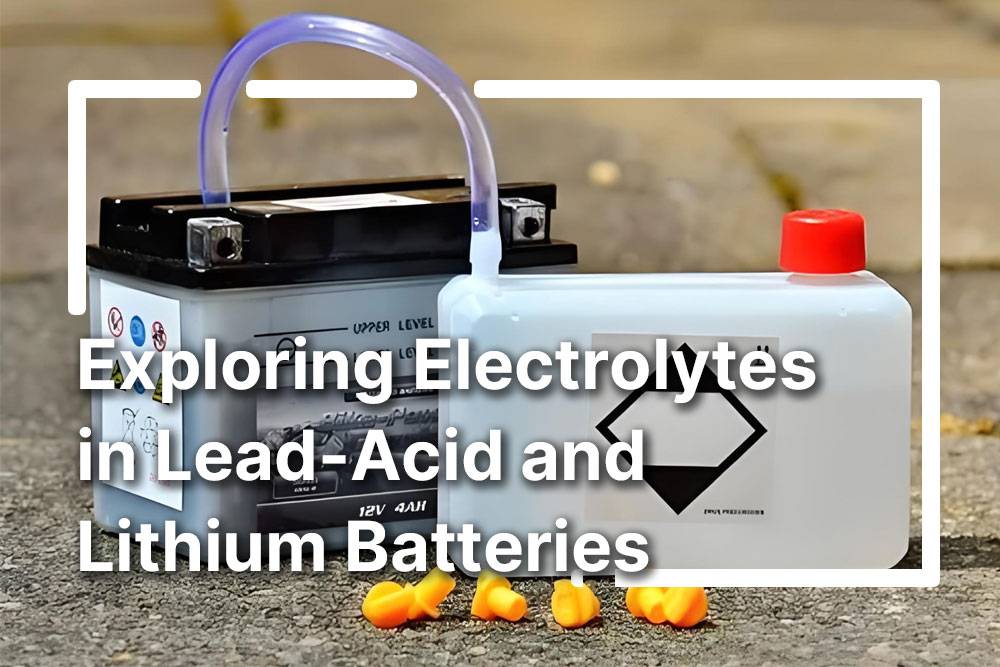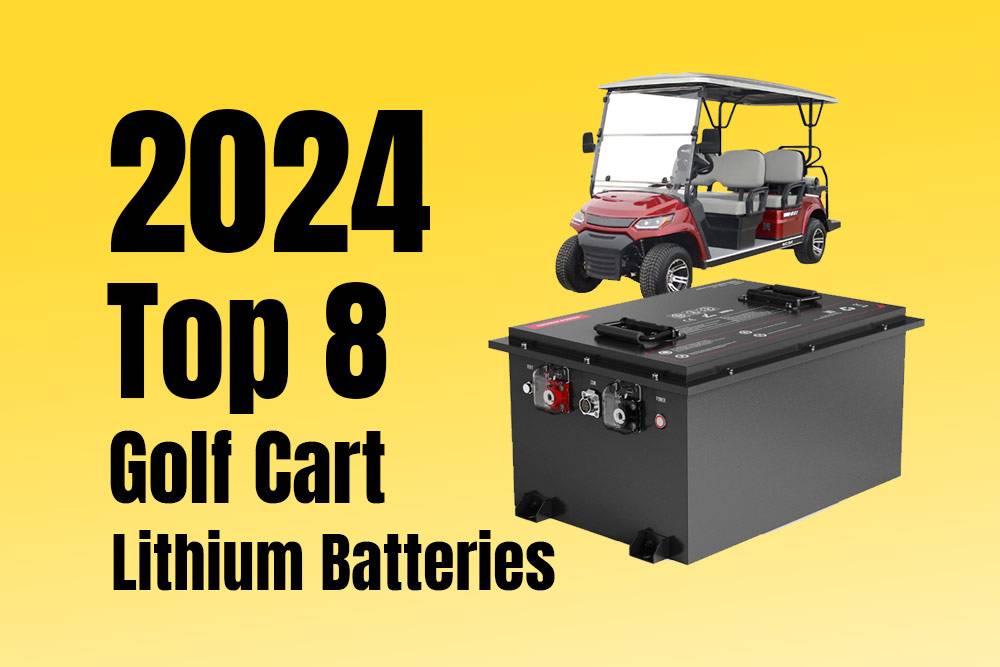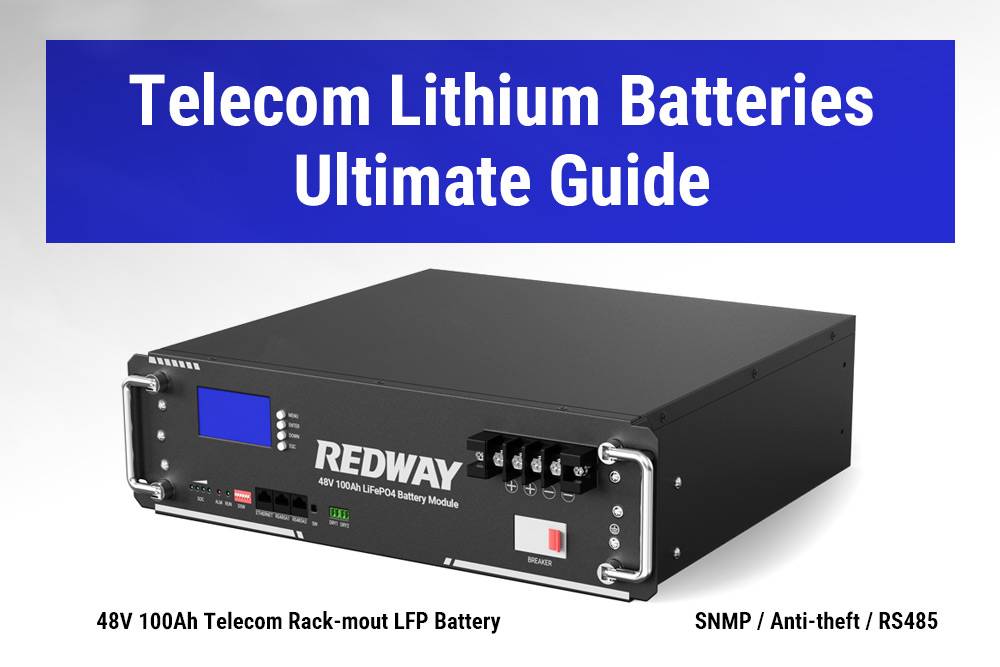- Forklift Lithium Battery
-
48V
- 48V 210Ah
- 48V 300Ah
- 48V 420Ah (949 x 349 x 569 mm)
- 48V 420Ah (950 x 421 x 450 mm)
- 48V 456Ah
- 48V 460Ah (830 x 630 x 590 mm)
- 48V 460Ah (950 x 421 x 450 mm)
- 48V 460Ah (800 x 630 x 600 mm)
- 48V 460Ah (820 x 660 x 470 mm)
- 48V 500Ah
- 48V 560Ah (810 x 630 x 600 mm)
- 48V 560Ah (950 x 592 x 450 mm)
- 48V 600Ah
- 48V 630Ah
-
48V
- Lithium Golf Cart Battery
- 12V Lithium Battery
12V 150Ah Lithium RV Battery
Bluetooth App | BCI Group 31
LiFePO4 Lithium
Discharge Temperature -20°C ~ 65°C
Fast Charger 14.6V 50A
Solar MPPT Charging - 24V Lithium Battery
- 36V Lithium Battery
- 48V Lithium Battery
-
48V LiFePO4 Battery
- 48V 50Ah
- 48V 50Ah (for Golf Carts)
- 48V 60Ah (8D)
- 48V 100Ah (8D)
- 48V 100Ah
- 48V 100Ah (Discharge 100A for Golf Carts)
- 48V 100Ah (Discharge 150A for Golf Carts)
- 48V 100Ah (Discharge 200A for Golf Carts)
- 48V 150Ah (for Golf Carts)
- 48V 160Ah (Discharge 100A for Golf Carts)
- 48V 160Ah (Discharge 160A for Golf Carts)
-
48V LiFePO4 Battery
- 60V Lithium Battery
-
60V LiFePO4 Battery
- 60V 20Ah
- 60V 30Ah
- 60V 50Ah
- 60V 50Ah (Small Size / Side Terminal)
- 60V 100Ah (for Electric Motocycle, Electric Scooter, LSV, AGV)
- 60V 100Ah (for Forklift, AGV, Electric Scooter, Sweeper)
- 60V 150Ah (E-Motocycle / E-Scooter / E-Tricycle / Tour LSV)
- 60V 200Ah (for Forklift, AGV, Electric Scooter, Sweeper)
-
60V LiFePO4 Battery
- 72V~96V Lithium Battery
- Rack-mounted Lithium Battery
- E-Bike Battery
- All-in-One Home-ESS
- Wall-mount Battery ESS
-
Home-ESS Lithium Battery PowerWall
- 24V 100Ah 2.4kWh PW24100-S PowerWall
- 48V 50Ah 2.4kWh PW4850-S PowerWall
- 48V 50Ah 2.56kWh PW5150-S PowerWall
- 48V 100Ah 5.12kWh PW51100-F PowerWall (IP65)
- 48V 100Ah 5.12kWh PW51100-S PowerWall
- 48V 100Ah 5.12kWh PW51100-H PowerWall
- 48V 200Ah 10kWh PW51200-H PowerWall
- 48V 300Ah 15kWh PW51300-H PowerWall
PowerWall 51.2V 100Ah LiFePO4 Lithium Battery
Highly popular in Asia and Eastern Europe.
CE Certification | Home-ESS -
Home-ESS Lithium Battery PowerWall
- Portable Power Stations
What Types of Batteries Do Electric Skateboards Use?
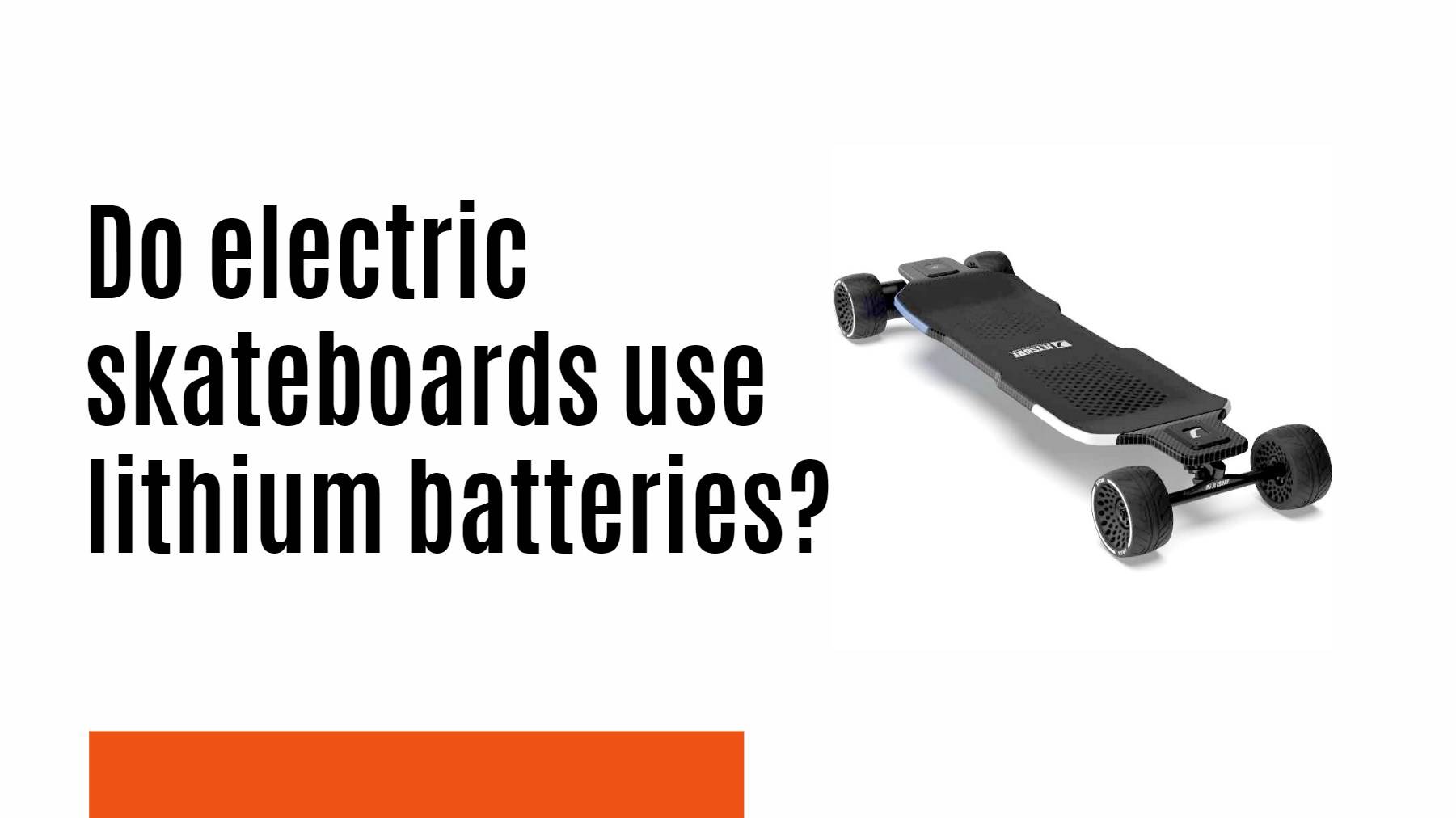
Electric skateboards predominantly use lithium batteries due to their high energy density and long cycle life. Lithium-ion (Li-ion) and lithium polymer (LiPo) are the most common types found in these boards, providing reliable performance and efficiency for riders. Understanding the types of batteries and their maintenance is essential for maximizing your electric skateboard’s performance.
How Do Electric Skateboards Use Lithium Batteries?
Electric skateboards utilize lithium batteries as their primary power source because they provide a lightweight and efficient means of energy storage. Lithium-ion batteries are favored for their ability to deliver high power outputs required for acceleration and hill climbing. Additionally, they have a longer lifespan compared to traditional lead-acid batteries, making them ideal for frequent use.
What Are the Different Types of Batteries Used in Electric Skateboards?
The main types of batteries used in electric skateboards include:
- Lithium-Ion (Li-ion) Batteries: Known for their high energy density and long cycle life. They can withstand many charge cycles without significant loss of capacity.
- Lithium Polymer (LiPo) Batteries: These batteries offer higher discharge rates and are lighter than Li-ion batteries but require careful handling due to safety concerns.
- Lead-Acid Batteries: Although they are heavier and less efficient than lithium batteries, they are still used in some budget models due to their lower cost.
| Battery Type | Energy Density | Cycle Life | Weight | Safety |
|---|---|---|---|---|
| Lithium-Ion | High | Long | Moderate | Good |
| Lithium Polymer | Very High | Moderate | Light | Moderate |
| Lead-Acid | Low | Short | Heavy | Poor |
Which Battery Type Offers the Best Performance for E-Skateboards?
Lithium-ion batteries typically offer the best overall performance for electric skateboards due to their balance of energy density, weight, and safety. They provide sufficient power for high-torque motors while maintaining a manageable weight for easy handling. LiPo batteries can deliver even higher performance in terms of discharge rates but come with increased risks if not handled properly.
Why Is Battery Maintenance Important for Electric Skateboards?
Proper battery maintenance is crucial to ensure the longevity and reliability of your electric skateboard. Regularly checking battery connections, keeping terminals clean, and monitoring charge cycles can prevent issues such as overheating or reduced capacity. Additionally, following manufacturer guidelines on storage conditions helps maintain battery health over time.
How Can You Ensure Safe Charging of Your Electric Skateboard Battery?
To ensure safe charging of your electric skateboard battery:
- Always use the charger provided by the manufacturer.
- Charge your battery indoors in a dry area away from extreme temperatures.
- Avoid overcharging by unplugging the charger once fully charged.
Following these steps minimizes risks associated with lithium battery charging and enhances overall safety.
What Factors Affect the Lifespan of Electric Skateboard Batteries?
Several factors influence the lifespan of electric skateboard batteries:
- Charging Habits: Frequent deep discharges can shorten battery life; it’s best to charge when levels drop to around 20%.
- Temperature: Extreme heat or cold can negatively impact battery performance and longevity.
- Usage Patterns: Regular use keeps the battery active; however, excessive strain during rides can lead to faster degradation.
Understanding these factors can help you manage your battery more effectively and extend its usable life.
Redway Power Expert Views
“Choosing the right battery type is essential for optimizing your electric skateboard’s performance,” says an expert from Redway Power. “Lithium technologies provide a perfect balance between weight and power output, making them ideal for riders looking for both speed and reliability.”
Conclusion
Electric skateboards primarily use lithium-based batteries due to their superior energy density and long cycle life. Understanding the different types available—lithium-ion, lithium polymer, and lead-acid—along with proper maintenance practices ensures riders can enjoy safe and efficient rides. By following safety guidelines during charging and monitoring usage patterns, you can maximize your electric skateboard’s performance.
FAQ Section
- What type of battery is best for an electric skateboard?
Lithium-ion batteries are generally considered the best option due to their high energy density and long lifespan. - How often should I charge my electric skateboard battery?
It’s recommended to charge your battery when it drops to around 20% capacity to prolong its lifespan. - Are lithium polymer batteries safe for electric skateboards?
While they offer high performance, LiPo batteries require careful handling due to potential safety risks if overcharged or damaged.














